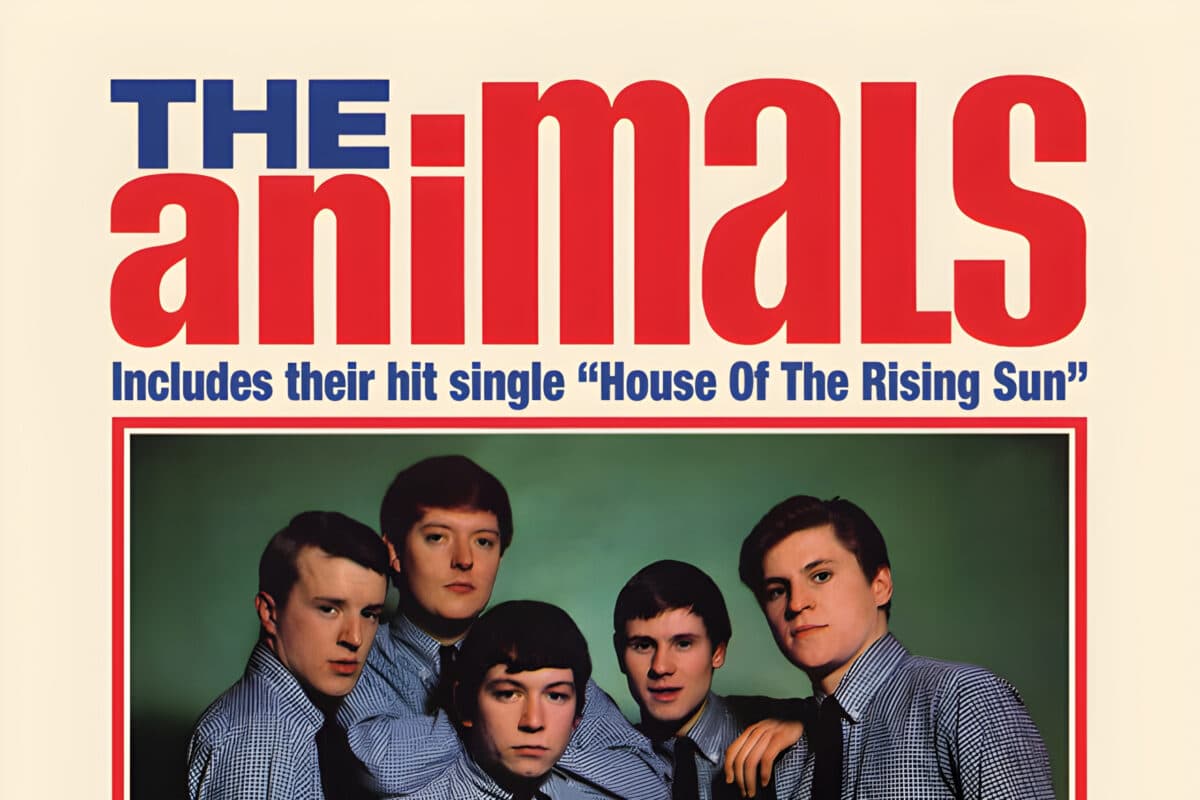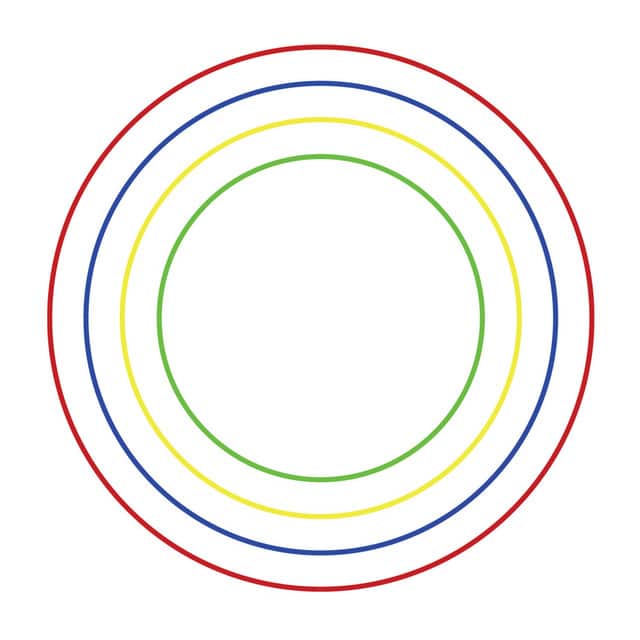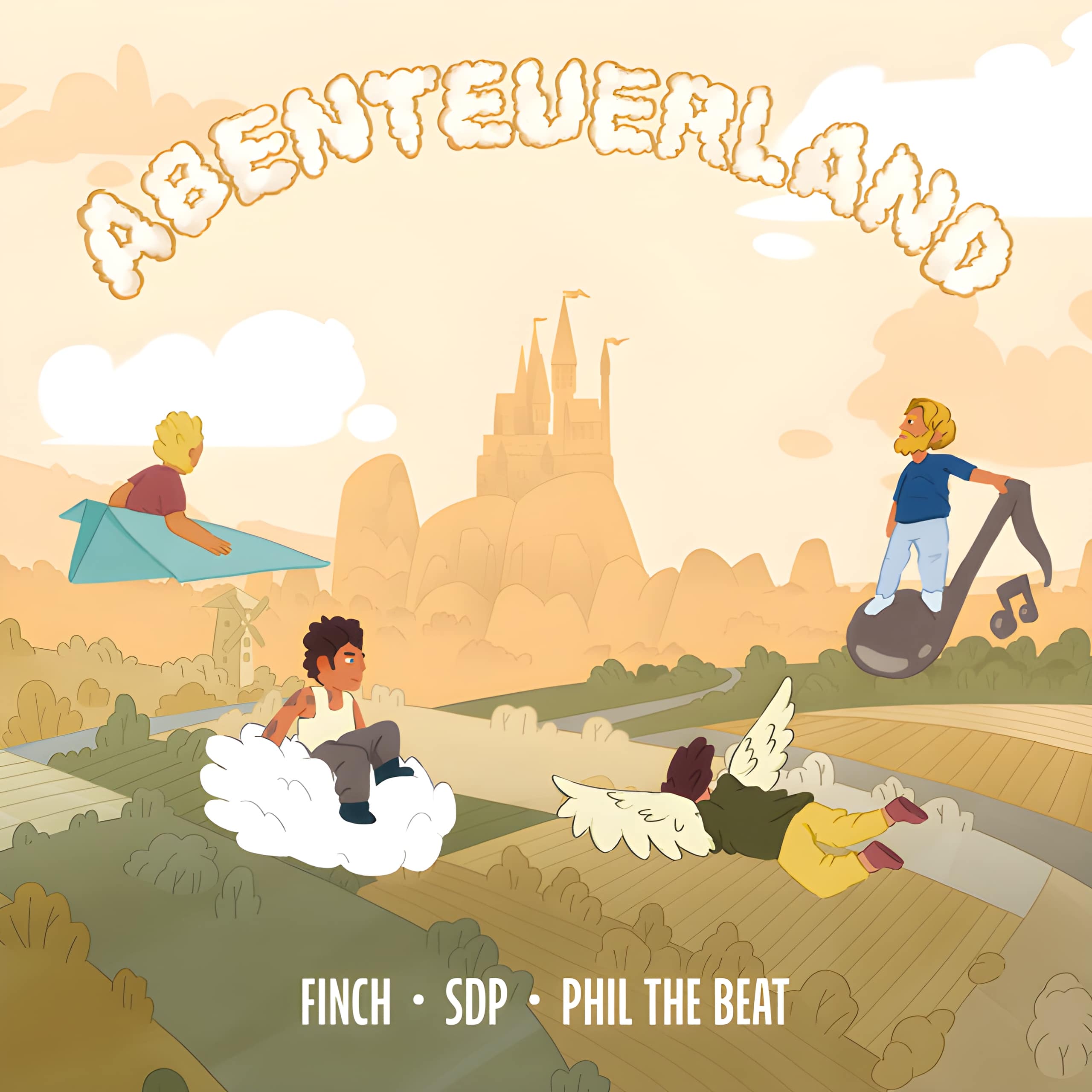Released: 1964
“House of the Rising Sun” by The Animals is a song steeped in mystery and sorrow, capturing the essence of a life gone astray in the backdrop of New Orleans. It tells the tale of a person caught in the cycle of ruin, presumably because of the vices housed within a place called the Rising Sun. This song, with its haunting melody and vivid storytelling, unfurls the narrative of a life that’s been led astray, deeply entwined with family, and the allure of a destructive lifestyle.
The song kicks off by setting the scene in New Orleans, at a place ominously named the Rising Sun. It’s quickly established as a place of ruin for “many a poor boy,” an early hint at the broader theme of downfall and regret that permeates the lyrics. This isn’t just a physical place, but a symbol of lost paths and the kind of wrong choices that seem almost predestined, underscoring the singer’s resigned acknowledgment of their own fate with “And God, I know I’m one.”
As the story unfolds, a glimpse into the singer’s family background is provided. The mention of a mother who was a tailor and a father who was a gambler sets a stark contrast between the hard work and the risky, often destructive, allure of gambling. This not only paints a picture of the singer’s origins but also alludes to the influences that shaped their life. Gambling, here, isn’t just about placing bets but symbolizes a deeper gamble with life’s choices, leading to the eventual downfall reflected in the father’s fate and mirrored in the singer’s path.
The narrative moves deeper into the gambler’s psyche, revealing that “the only thing a gambler needs Is a suitcase and a trunk,” which speaks to a life of transience and escapism, the antithesis of stability and home. Satisfaction only comes “when he’s on a trump,” a line that cleverly plays on gambling terminology to hint at the fleeting and often elusive nature of victory and satisfaction in such a lifestyle. It’s a cycle of searching for satisfaction in the wrong places, never truly finding a place to call home.
A turning point in the song comes with a solemn plea, “Oh mother, tell your ONt to do what I have done.” This is a moment of reflection and regret, a warning against following in the footsteps that lead to “sin and misery” in the House of the Rising Sun. It’s a powerful admonition to break the cycle of mistakes that have led to so much personal ruin.
The closing verses paint a vivid image of departure and resigned return, with “one foot on the platform, the other foot on the train,” symbolizing the constant pull between leaving and being inexorably drawn back to the source of one’s downfall. Returning to New Orleans “to wear that ball and chain” is an acknowledgment of the inescapable consequences of one’s choices, a life now bound by the very decisions that led them astray.
Through the tale of the House of the Rising Sun, The Animals weave a poignant story of life’s temptations, familial influence, and the cyclical nature of regret. It’s not just a song, but a cautionary tale that resonates with the universal themes of choice, consequence, and the hope for redemption. The allure of the Rising Sun, with its promise of quick fortunes and escape, ultimately reveals itself as a mirage, leaving only the stark reality of a life ensnared by the very temptations it sought to embrace.






